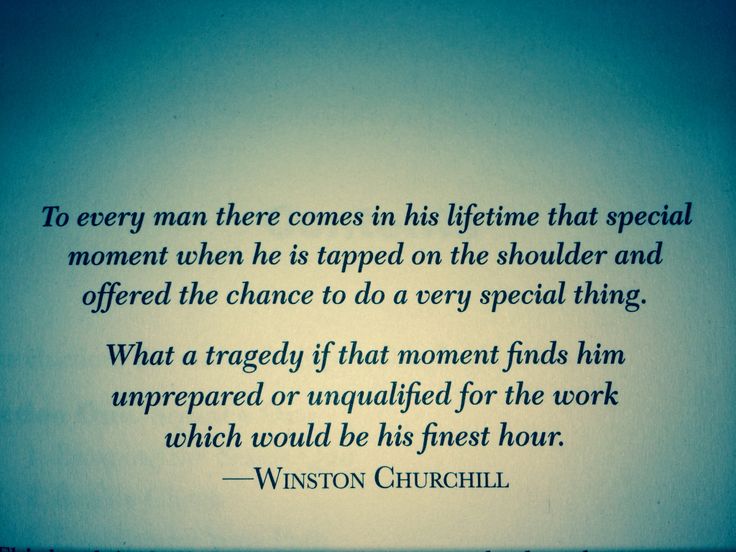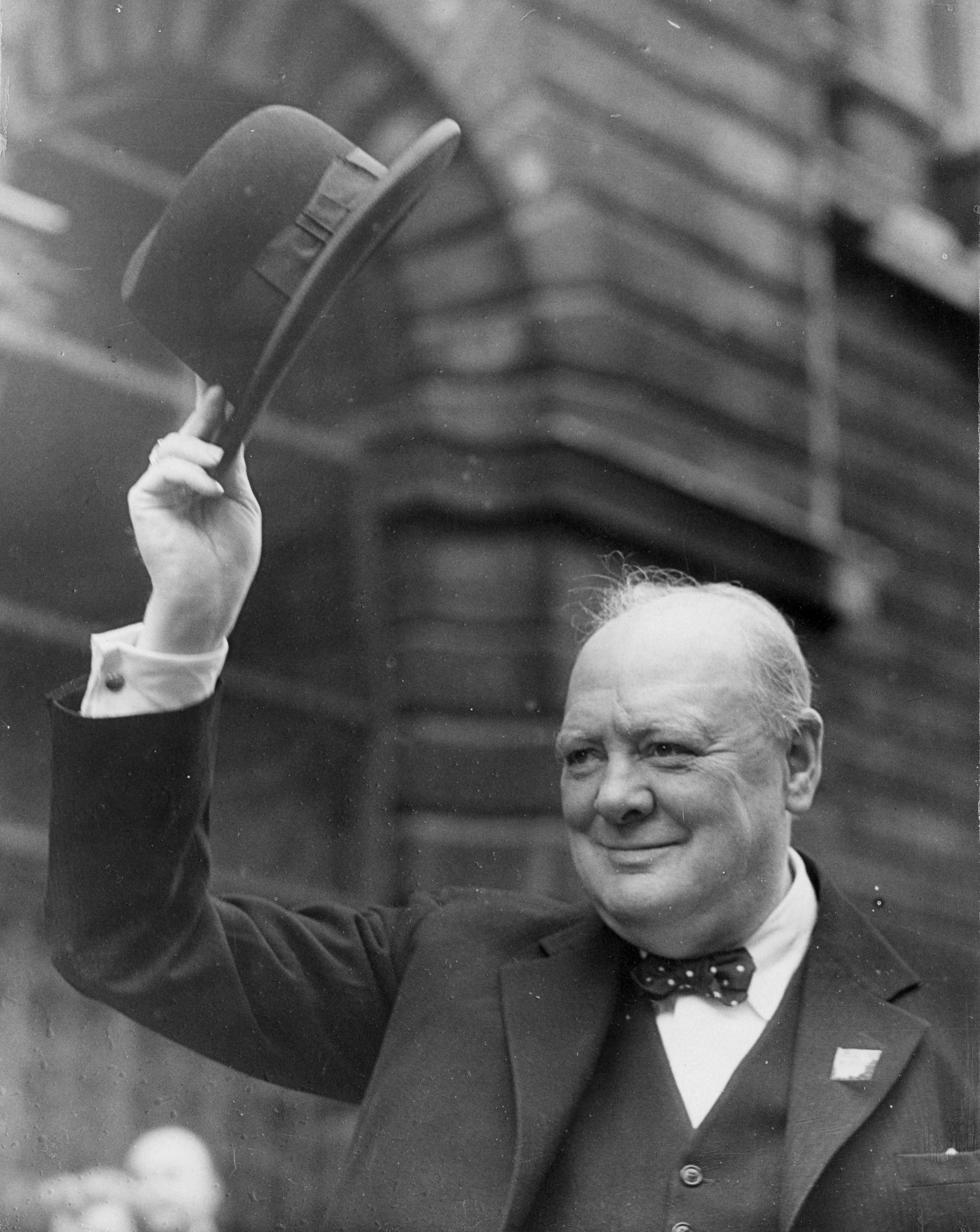

He had a history of militant anti-Bolshevism and was unapologetic about it. Churchill was a mercurial personality and his relations with Stalin were volatile. Stalin’s relations with Churchill were fragile but intimate and intense. As US ambassador Averell Harriman recalled, while Stalin admired and respected Roosevelt and praised him as a “great man for war and a great man for peace”, Churchill he toasted as “my comrade-in-arms.” But the beating heart of the Grand Alliance was Churchill’s relationship with Stalin. As Churchill famously said, it was the Red Army that tore the guts out of Hitler’s war machine, while it was American industrial might and manpower that tipped the balance of forces decisively in the allies’ favour. Power in the Grand Alliance lay with Roosevelt and Stalin. The Grand Alliance as it developed during the war is unimaginable without this personal bond between Churchill, Roosevelt and Stalin. At times that trust and friendship was strained but difficulties were overcome and differences resolved through compromises that respected honour and protected vital interests. Personal contact between the three leaders – at meetings, through correspondence and via intermediaries – convinced them they could work together and trust each other. But they had one important trait in common: they were men of long political experience who placed a high premium on personal relations with each other. The social background, personalities, politics, leadership styles and working methods of the Big Three were diverse. The Grand Alliance overcame these difficulties because of the leadership of the so-called Big Three: Winston Churchill, Franklin Delano Roosevelt and Joseph Stalin – leaders prepared to put aside ideological differences in the interests of a greater cause.

But increasing amounts of western material aid did reach the USSR beginning in 1943, and in June 1944 the western allies invaded northern France – an operation Moscow had been demanding since July 1941. There were significant internal tensions during the coalition’s early years, mainly because most of the fighting was being done by the Red Army, while the British and Americans fought on the margins of the conflict. The Grand Alliance also had to deal with Hitler’s efforts to sow seeds of doubt by spreading rumours that each of the allies was negotiating a separate peace with the Germans. Within western states there were anti-communists hostile to alliance with the old ideological enemy, while on the Soviet side there were deep suspicions of western capitalist leaders.

The three countries had very different socio-political systems and there was a long history of ideological conflict between Soviet communism and western liberal democracy. When the Grand Alliance emerged following the US and Soviet entry into the war in 1941, it was not clear that such an unlikely coalition could survive the vicissitudes of war. It was one the most successful alliances in history. The Grand Alliance was willed into existence by its leaders and then sustained through four years of total war. But neither the formation of what Churchill later called the Grand Alliance nor its collapse was inevitable. The alliance was forced into existence by Hitler and fell apart as soon as Nazi Germany was defeated.

The alliance of Britain, the United States and the Soviet Unionduring World War II is often presented as a fragile necessity.


 0 kommentar(er)
0 kommentar(er)
